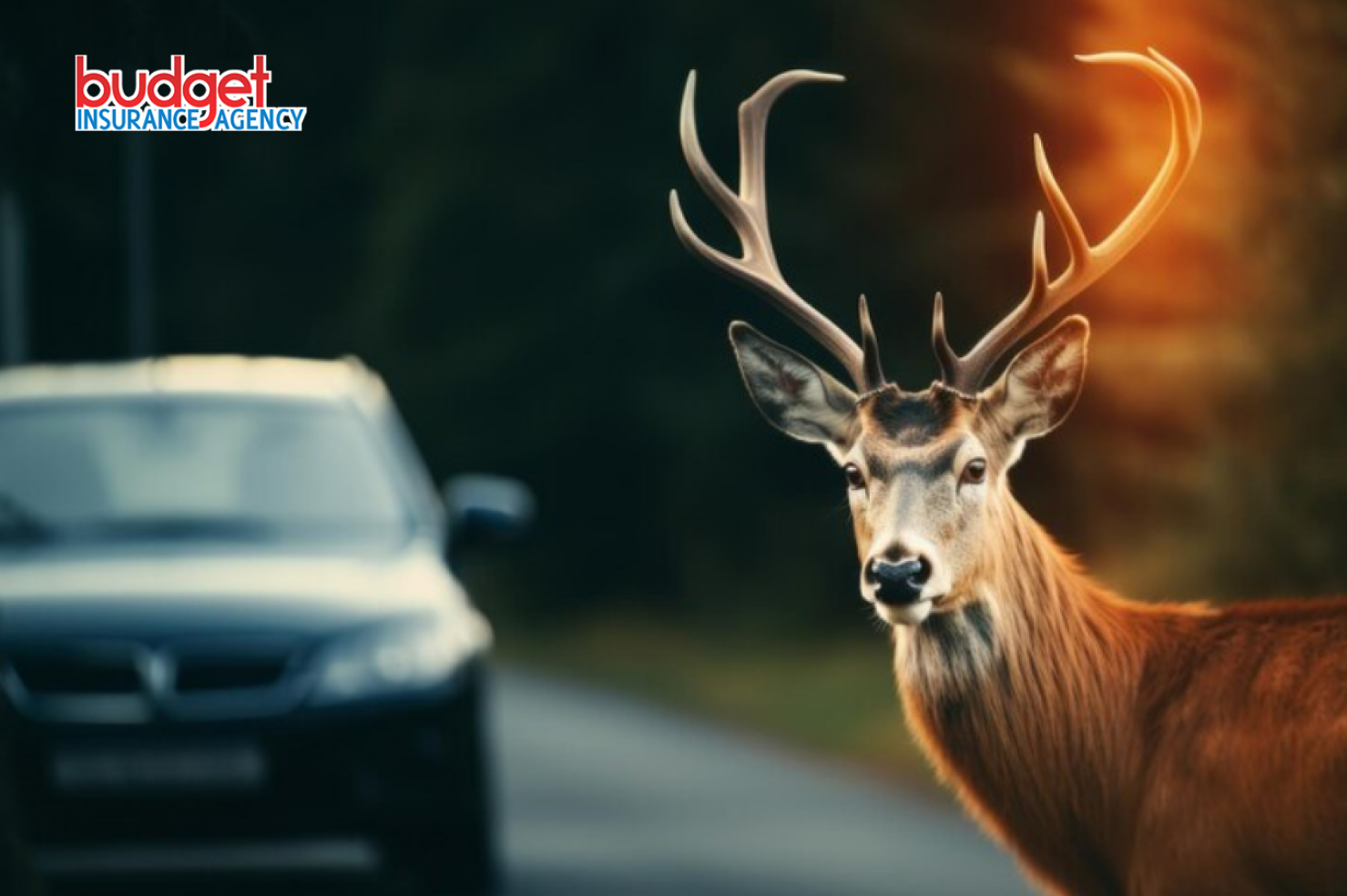
Texas, known for its expansive landscapes and diverse wildlife, offers breathtaking scenery but also presents unique driving challenges, particularly when it comes to encounters with deer and other wildlife. Collisions with deer can result in significant damage to your vehicle, posing safety risks and potential financial burdens. The question that often arises after such an incident is: Does your insurance cover deer collisions? In this blog post, we'll explore the nuances of insurance coverage for deer collisions in Texas and provide insights to help you understand your options.
The Reality of Deer Collisions in Texas
Texas ranks among the top states for deer-related accidents, with thousands of collisions reported each year. As urban areas expand into deer habitats and roadways intersect with migration paths, the likelihood of encountering deer on the road increases, especially during dawn and dusk—their most active times.
Types of Insurance Coverage
When it comes to covering deer collisions, several types of insurance can come into play:
-
Comprehensive Coverage: This optional coverage protects against non-collision events, including damage from deer collisions, vandalism, theft, and natural disasters. If you have comprehensive coverage, your insurer will typically cover the repair costs, minus your deductible.
-
Collision Coverage: This coverage pays for damages to your vehicle resulting from collisions with another vehicle or object, such as a deer. If you have both collision and comprehensive coverage, you'll likely be covered for a deer collision under one or both policies, depending on the circumstances.
Understanding Coverage Limits and Deductibles
While comprehensive and collision coverage can help offset the costs of deer-related damage, it's essential to understand your policy's limits and deductibles:
Policy Limits: Check your insurance policy to determine the maximum amount your insurer will pay for deer-related damages. Ensure your coverage limit aligns with the potential repair or replacement costs to avoid out-of-pocket expenses.
Deductibles: Your deductible is the amount you're responsible for paying before your insurance kicks in. Evaluate your deductible amount and consider whether it's financially feasible in the event of a deer collision. Adjusting your deductible may impact your premiums, so weigh the pros and cons carefully.
Special Considerations for Texas Drivers
Given Texas' unique driving conditions and wildlife hazards, consider the following when reviewing your insurance coverage:
-
High-Risk Areas: If you frequently drive in areas known for high deer activity, such as rural roads, consider opting for comprehensive coverage to protect against unexpected collisions.
-
Additional Riders: Some insurers offer optional endorsements or riders specifically designed to enhance coverage for deer collisions. Explore these options with your insurance provider to determine if they're right for you.
-
Claims Process: Familiarize yourself with the claims process for deer collisions, including reporting the incident promptly, gathering the necessary documentation, and working with your insurance company to assess damages and arrange repairs.
Practical Tips for Texas Drivers
While insurance coverage is crucial for protecting yourself financially in the event of a deer collision, taking proactive measures can help mitigate the risks associated with such accidents. One of the most important steps is to stay alert while driving, especially during peak deer activity times. Keep an eye out for deer crossing signs that indicate high-risk areas and be prepared to react quickly if a deer appears on the road. Additionally, reducing your speed in areas with dense vegetation or limited visibility can give you more time to respond to deer crossing the road, potentially avoiding a collision altogether. Lastly, when driving at night, using high beams when possible can increase your visibility and help you spot deer eyes reflecting light, allowing you to anticipate their presence and take necessary precautions. By incorporating these proactive measures into your driving habits, you can help reduce the likelihood of a deer collision and ensure safer travels on Texas roads.
Conclusion
Navigating Texas roads comes with the responsibility of understanding and preparing for wildlife hazards, particularly deer collisions. While deer-related accidents can be unpredictable and challenging to avoid, ensuring you have adequate insurance coverage is essential for protecting yourself financially and ensuring peace of mind on the road. Remember, when it comes to wildlife hazards and insurance coverage, knowledge is power. Take the time to review your policy, ask questions, and make informed decisions that safeguard your vehicle, finances, and well-being while navigating the beautiful landscapes of the Lone Star State. Safe travels!
Here When You Need Us:
Budget Insurance Agency
Don’t hesitate to get an auto insurance quote on a personalized budget auto insurance policy right now! Your safety and security on the road are our top priority!
Contact us at 855-218-6308 or request an online quote right now!
